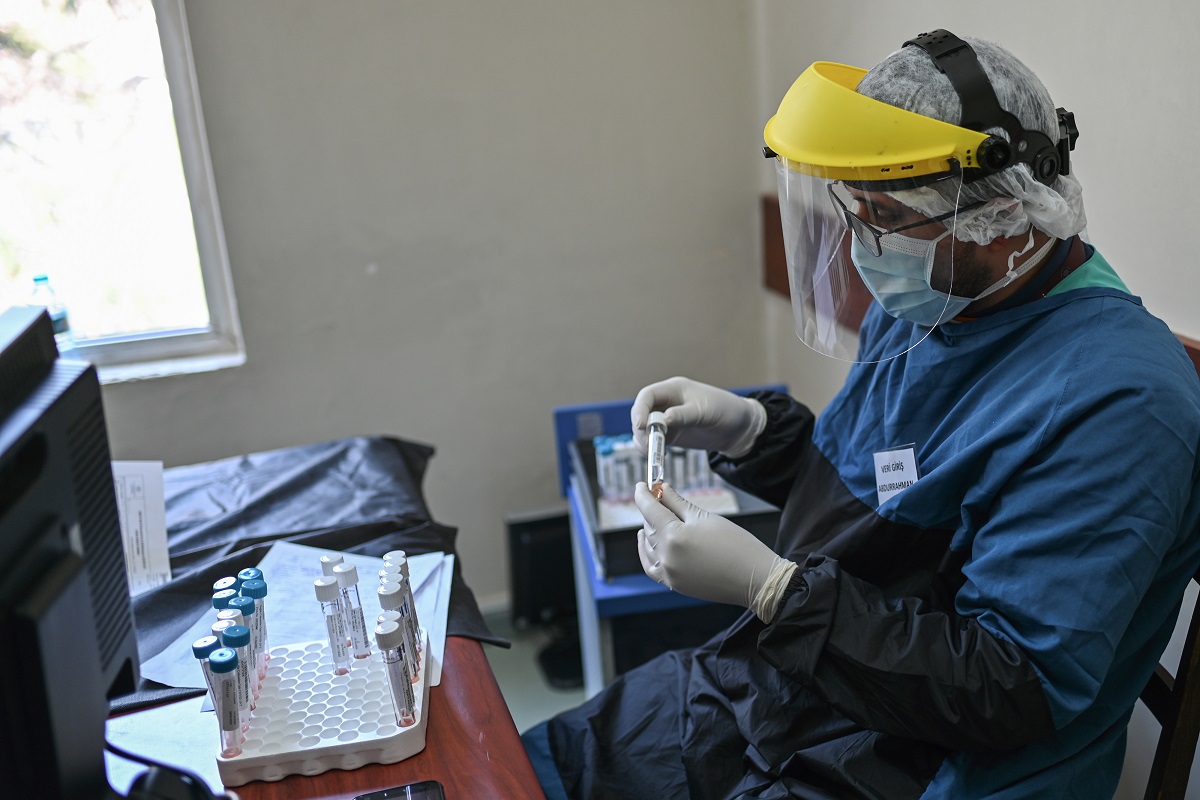ILS Agartala stops treating Bangladeshi patients amid rising border tensions
Reflecting growing cross-border tensions, ILS Super Specialty Hospital in Agartala has announced its decision to stop treating Bangladeshi nationals.
The institute aims to undertake research, development and outreach efforts in addressing location specific and socially challenging areas

Photo: File photo
The Institute of Life Science here has till date conducted genome sequencing of nearly 11,000 Covid positive samples, establishing 28 virus cultures and a bio repository of over 5000 Covid clinical samples.
Operationalization of an Animal Biosafety Laboratory and Drug Screening platform to aid virus research etc has also been one of its achievements, noted scientists of the institute on the eve of its 33rd Foundation Day celebrations here yesterday.
Advertisement
ILS has established itself as a center for eminence in the country in the field of biological research, they said.
Advertisement
During the last year, ILS has published 73 research papers, applied for 3 patents and was granted two patents, commercialized 2 technologies and 8 research students have received their Ph.D. degree. Five research papers of ILS have been selected as cover stories of internationally reputed journals.
Various research papers have reported significant contributions in the areas of Cancer Biology, Infectious Diseases, and Plant and environmental biotechnology. ILS has initiated its flagship program on Tribal Health and Nutrition in which scientists are employing advanced biotechnology-based tools and technologies for contributing to greater health and nutritional outcomes of the tribal population of the state.
It has established a Bioincubator for promoting entrepreneurship in biotechnology and life sciences with support from both the centre and state government. It now houses 21 incubatees focusing on product and enterprise development.
The initiatives will significantly contribute to developing a vibrant research and entrepreneurship ecosystem in Odisha and in the eastern region of the country, said Dr. Ajay Parida, Director, ILS.
ILS has been working in the aspirational district of Nabarangpur with an overall objective for economic empowerment of the tribal farming communities and has been focusing on agriculture, nutrition, value addition, integrated farming and natural resources management.
The institute aims to undertake research, development and outreach efforts in addressing location specific and socially challenging areas and hope to achieve excellence in scientific research and translation of research leads based on the existing and emerging challenges. This we hope to achieve through developing partnerships at local, national and international level”, said Dr Parida.
Advertisement